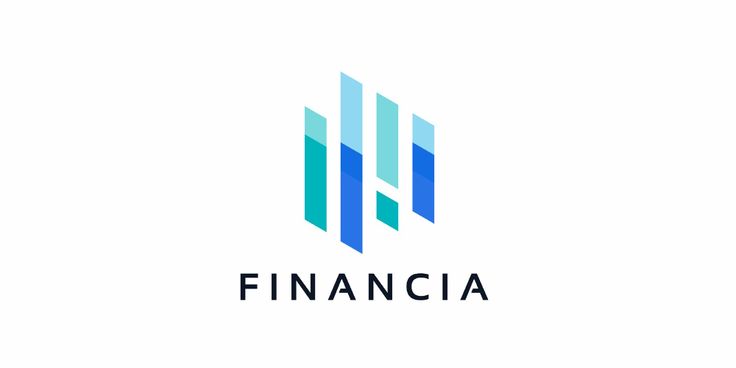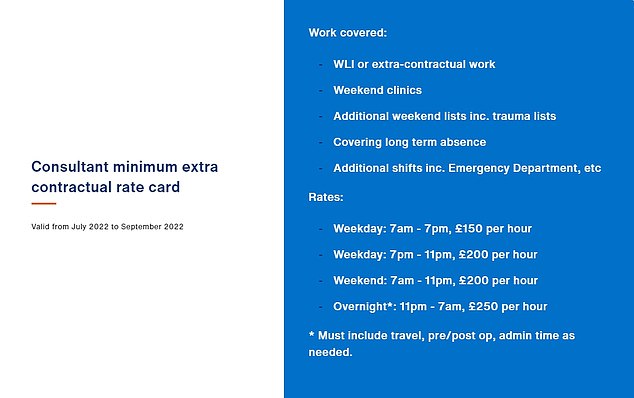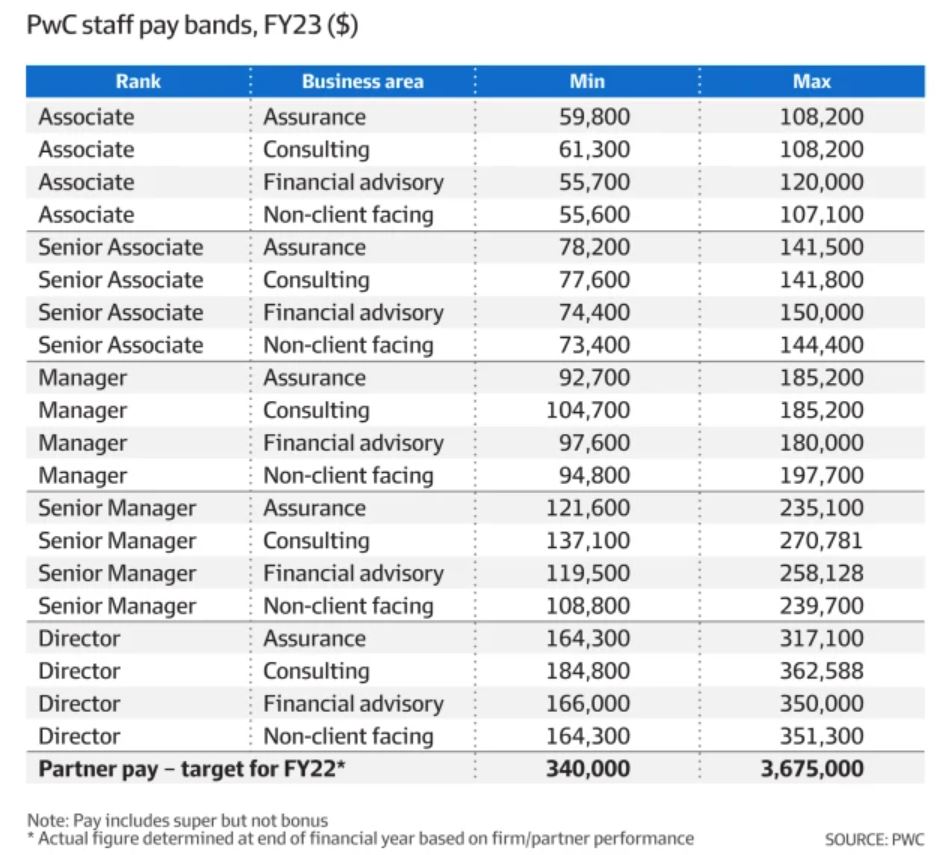
Establishing a consulting HR company
If you have experience in HR and are looking to make a career out of it, you might consider starting your own business. There are many benefits to starting your own HR consulting business. Your clients can benefit from a wide range of services such as talent management, succession planning, employee selection and succession planning. Your clients' needs are the most important thing when you begin your own HR consulting business.
In order to run a successful HR consulting business, you must create an effective team. It is crucial to select people who share similar skills and are committed to the success the business. It is important to create a comprehensive business plan. This will allow to you identify your goals as well as strategies and also help you apply funding.
Identifying your target audience
It is crucial for business owners to identify their target audience in order to develop a successful HR consultancy business plan. It can help you grow your HR-related business and make it stand out from the competition. Once you have defined your target market, you can create marketing strategies that address their concerns and needs. It pays off to invest in marketing that works.

A company analysis should be part of any business plan. This analysis should contain information on the history and objectives of the company. It should also contain information about the legal structure and business. The consultancy HR business plans should include an industry analysis. It serves two purposes. It educates business owners as well as giving them an insight into the market.
Making a business Plan
The following sections should be included in a business planning for a HR consultancy: executive summary and business analysis. The executive summary should be brief and engaging, providing an overview of the plan and each subsequent section. The business analysis must include information about the industry where you intend to operate and the demographics regarding the target customers.
The market size must be determined using the national size of the market and divided by population. It is important to include segments of customers in the customer analysis. These segments can include government entities as well healthcare institutions and technology companies. The customer segment you choose to concentrate on will determine the type of consulting HR business you'll be running.
How to manage recurring expense
Recurring expenses refer to expenses that are regular and difficult to track. They can drain a company's finances. Technology can reduce these expenses through recurring expense management. A company can automate its processes, track recurring expense information, and make it easier to manage.

One of the most important steps in establishing an expense management system is to create a budget. Once you've established a budget you can begin tracking your recurring expenses, and deciding how much money you can spend. This will help control costs and track receipts. You should also set up a business checking bank account for your consultancy. This will make it easier for you to keep track of expenses and prepare tax returns. Next, you should network and build a client base. You can start by asking your past clients for recommendations or joining a professional group. These organizations will provide ways to market your services. Advertise your services on trade publications and websites related to HR.
FAQ
What can I count on from my consultant to help me?
When you choose your consultant, they should respond within a few working days. They will typically ask for information about the company, such as its mission, goals. products and services. budget. Then, they'll send over a proposal outlining the scope of work, estimated time frame, fees, deliverables, milestones, etc.
If all goes according to plan, the two sides will sign a written deal. The terms of the contract will depend on the type of relationship between the two parties (e.g., employer-employee, employer-independent contractor).
If all goes according to plan, the consultant will begin working immediately. You will have access both to your documents and internal resources and the consultant's skills and knowledge.
Don't assume that someone who is a consultant knows everything. It takes practice, effort and practice in order to be an expert in any area you consult. You shouldn't expect your consultant will know everything you need to know about your business.
What skills are required for consulting?
As a consultant, you should have both strong interpersonal skills and analytical skills. This is because you could be asked questions or not know what you are doing. This is a must because you need to learn how quickly you can manage people.
A strong communication skill is also necessary. Most clients expect to hear back within 24 hours. If they don’t hear back, they assume that you aren’t interested. It is vital to inform them and make sure that they are fully informed.
What qualifications does a consultant need?
It is not enough to have an MBA degree. You must also have experience as a consultant. You should have at least two years of experience in consulting and/or training for a major company.
It is essential that you have experience working closely with senior management on strategic development projects. This means you'd have to be comfortable presenting ideas to clients and getting buy-in.
A professional qualification exam like the Certified Management Consultant (CMC), Chartered Management Institute, is required.
How do I set up an LLC to consult?
First, you must decide what your goals are as a service provider. The next step is to ensure that you're qualified for the services you offer. It may also be beneficial to look for someone who is already qualified to do what you desire and to see how they work.
Once you've identified the product or service you wish to offer, it is time to determine your target market. If there aren't enough of them, you may need to create them.
You then have to decide whether or not you want to open your own company, or hire other people to do it.
A license from the state could be required to start your own consulting business. However, this can take some time and require legal fees.
Statistics
- Over 50% of consultants get their first consulting client through a referral from their network. (consultingsuccess.com)
- WHY choose me: Why your ideal client should choose you (ex: 10 years of experience and 6-week program has helped over 20 clients boost their sales by an average of 33% in 6 months). (consultingsuccess.com)
- Over 62% of consultants were dissatisfied with their former jobs before starting their consulting business. (consultingsuccess.com)
- According to IBISWorld, revenues in the consulting industry will exceed $261 billion in 2020. (nerdwallet.com)
- My 10 years of experience and 6-step program have helped over 20 clients boost their sales by an average of 33% in 6 months. (consultingsuccess.com)
External Links
How To
What's a typical day like for a Consultant?
Each type of work will dictate the day's pace. But generally speaking, you will spend time researching and planning new ideas, meeting clients, and preparing reports.
You will often have meetings where you discuss issues and problems with clients. These meetings can be conducted over the phone, by email, face-to-face, or online.
You may also be asked to prepare proposals, which are documents outlining your ideas and plans for clients. These proposals will be presented to clients by you and a mentor.
After all the planning and preparation you will have to put your efforts into creating some content. Writing articles, designing websites, editing photos or conducting interviews are just some of the options.
Depending on your project's scope, it may be necessary to do research to get relevant statistics. For instance, you might want to find out how many people you have and if they are buying more than just one product or service.
Once you have collected enough information, it's now time to present the findings to your clients. You can either present your findings in writing or orally.
You must also follow up with clients following the initial consultation. You might contact them regularly to check on their progress or send them emails to confirm they have received your proposal.
While this can be a slow process, it's essential to remain focused and maintain good working relationships with clients.